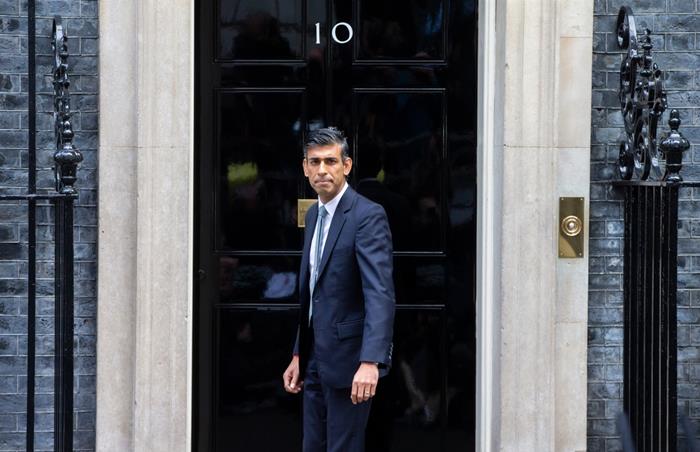After a string of governance and corporate failures, it had been widely anticipated and indeed trailed that there would be a tightening of the UK’s corporate governance regulatory regime. The mooted changes included more rigorous audits, more directorial responsibility and a strengthened accounting regulator, with the Financial Reporting Council (FRC) being reborn as the Audit, Reporting and Governance Authority (ARGA).
The failure of the London markets to attract IPOs away from New York and elsewhere and the exodus of prominent UK-based corporates shifting their listing to other exchanges are apparent. Coupled with the continuing trend to de-equitisation, as pension funds and other institutional investors reduce their exposure to equities, these elements have seen the government persuaded to press the panic button. It has adopted the mantra that UK governance is hampering the success of the equity markets.
No one wants to see rules for the sake of it or box-ticking approaches, but the enthusiasm with which the London Stock Exchange (LSE) and the Financial Conduct Authority (FCA) have greeted the volte-face on UK corporate governance is hugely unhelpful to non-executive directors. NEDs are rightly seen to have a key role in ensuring boards are mindful of and discharge their corporate governance responsibilities.
So non-executives’ influence in setting the right tone and encouraging the right behaviours is critical. Setting aside the detail, this significant change of mood must surely make it harder now to ensure best practice governance prevails—and particularly so for the non-executives on the board.
Where’s the evidence?
It is really not helpful for the LSE’s chief executive, Julia Hoggett, to be quoted as saying—and no doubt egged on by the FCA—that “ever increasing corporate governance processes” had “impacted the effectiveness of listed companies and the standing of the UK over other capital markets”. Where is the evidence that the effectiveness of companies has been “impacted”?
As one seasoned investment banker commented, “She [Hoggett] might have been on stronger ground if she had said that these ‘ever increasing corporate governance processes’ hadn’t prevented some catastrophes.” The list of previous failures is far too long but Carillion and Patisserie Valerie immediately spring to mind.
Despite all the fees paid to advisers, all under the watchful eye of the regulators, the share price of a number of post-Covid LSE and its sub-market AIM IPOs are now at substantial discounts to the IPO price; some have even gone bust.
Whether a company is an IPO, delisting or AIM de-admission, shareholders make their decisions on legally verified prospectuses and other documents which include disclosures, undertakings and obligations by directors. But, with a few high profile exceptions, most of these outcomes are not investigated and conclusions drawn as to what has gone wrong; the waters seem mostly just to close over and no analysis is made.
This lack of overt and timely censure undermines efforts to achieve best practice governance for shareholders and other stakeholders, which would include non-executive directors.
Various bodies, the LSE included, suggest that shareholders troubled by outcomes might pursue litigation or engagement with other regulators or statutory bodies. It is, however, unclear where the overlaps and underlaps between the various bodies exist.
Trust in the equity markets and support for non-executives seeking to do the right thing are currently missing in action when the LSE, FCA and government dismiss the value of governance, rather than at least demonstrating that such governance as we do have actually works and is enforced.
There is a real danger that what we currently have is too much box ticking, voluminous and largely impenetrable, as well as expensively prepared, compliance reports as a substitute for good practical corporate governance.
Barry Gamble is an advisory board member to Board Agenda and senior adviser to the Non-Executive Directors’ Association.





